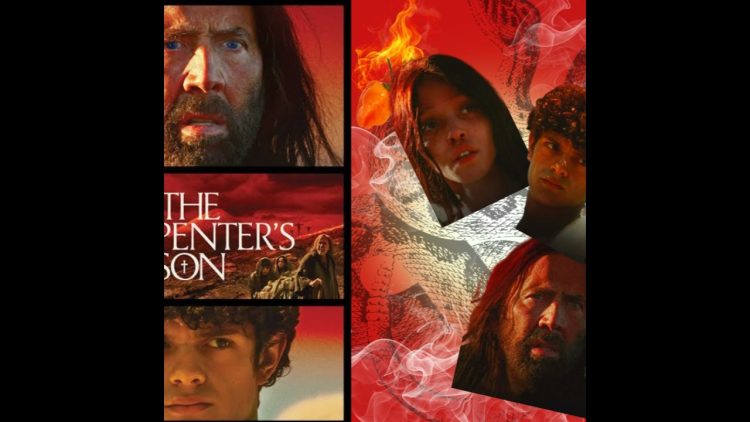
In this episode, Miss M and Ms. P review Stephen King’s ‘The Long Walk’, discussing its themes, character arcs, emotional impact, and production elements. They rate the movie as a solid habanero, indicating a strong appreciation for its storytelling and execution. The conversation delves into the historical context of the film, its relevance to current societal issues, and the effectiveness of its directing and cinematography. The hosts also reflect on the emotional weight of the characters’ journeys and the overall impact of the film, concluding with recommendations for viewers.
Takeaways
The Long Walk is a dystopian horror novel by Stephen King.
The movie is rated as a solid habanero, indicating strong appreciation.
It draws comparisons to The Hunger Games and Forrest Gump.
Character arcs are significant and impactful throughout the film.
The historical context of the film is relevant to current societal issues.
Production elements were well-executed despite a basic setting.
Directing by Francis Lawrence was praised for its effectiveness.
Sound quality and effects contributed to the emotional experience.
The film keeps the audience’s attention throughout its runtime.
Books often provide deeper context than their movie adaptations.
Chapters
00:00 Introduction to The Long Walk
02:58 Rating the Movie: The Hot Sauce Scale
05:15 Exploring Themes: Hunger Games Meets Forrest Gump
07:26 Character Arcs and Emotional Impact
08:38 Historical Context and Accuracy
11:08 Dystopian Society and Its Relevance
13:26 Character Development and Relationships
15:27 Final Thoughts and Conclusion
18:15 Understanding Turbulent Backgrounds
20:12 Production Elements and Box Office Performance
22:08 Books vs. Movies: A Comparative Analysis
26:07 Directing and Cinematic Techniques
29:33 Character Arcs and Acting Quality
30:56 Themes of Humanity and Dystopia


